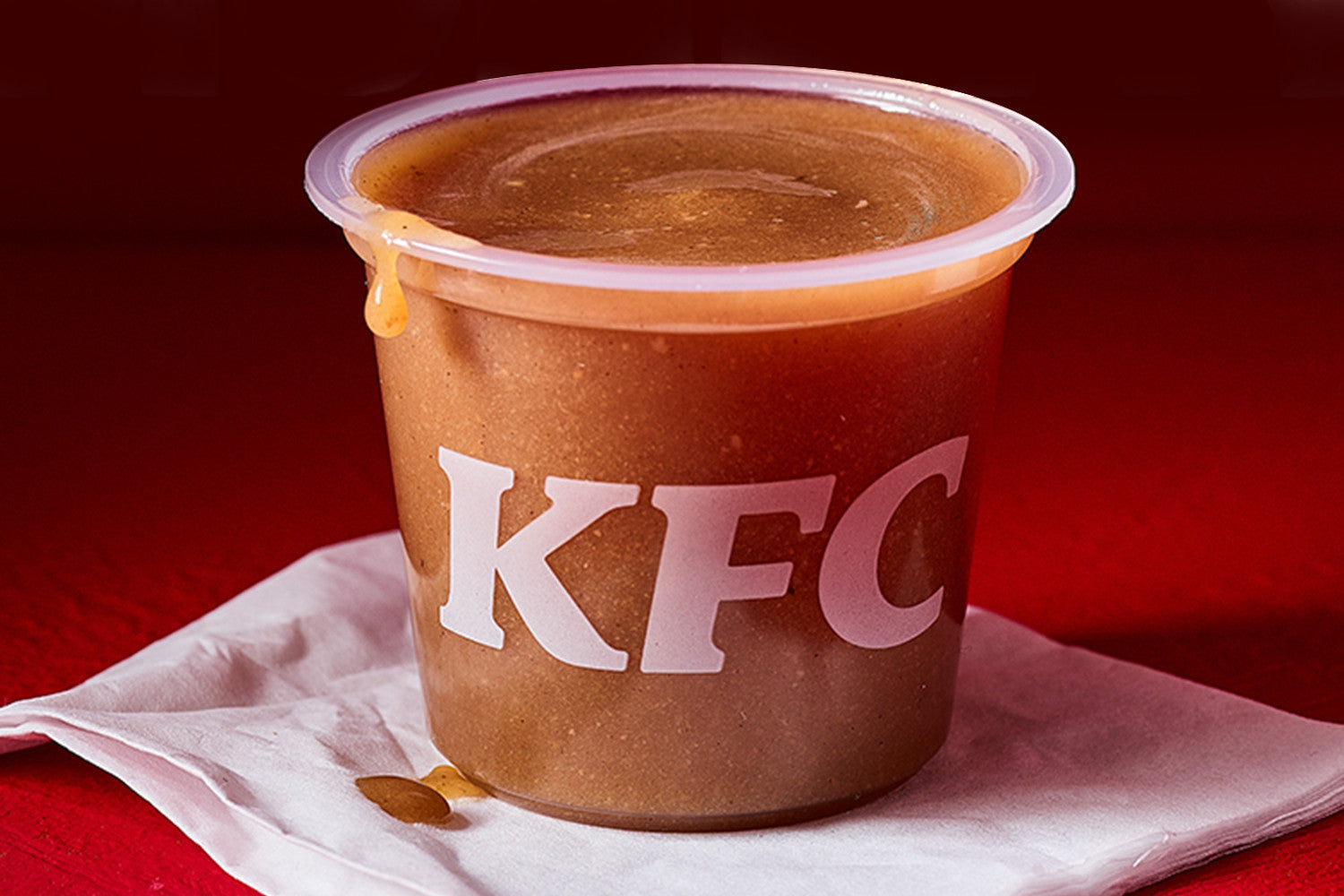Ah yes, pricing. It’s one of the most difficult things ever as a small, new business to figure out what you need to charge in order to ultimately make a profit. There are so many things to consider, so many hidden costs that add up over time and then at the end, there needs to be some sort of profit.
We recently recorded a whole podcast episode on the topic:
We are extremely thankful and fortunate for every order we get, whether it’s for one small item for a big bundle.
But let’s get down to the knittier-grittier. Maybe by writing this blog, I can provide a little bit more context and education around the topic of value.
So, first off, we never planned on becoming a food business to be honest, and I think a lot of businesses don’t, so when we started pricing our products, we kind of just, well, guessed. We took the price we paid for ingredients, the packaging and any other costs and added a little on top for our time.
As a small business you don’t generally have access to the discounts the big guys get, like shipping discounts, bulk discounts etc. If you buy 100,000 glass jars, of course the per bottle price is going to me much, much less than if you only buy a couple hundred, this means your per unit price stays high. It’s the same for anything, so you can only get your costs down once you sell A LOT more, and in order to sell a lot more, you need to just keep pushing forward.
You inevitably always get to a point where you are what they call ‘cash poor’. You turn over a decent amount but your bank balance gets lower and lower until it might even go into the dreaded minus. This can be due to a lot of factors: As you grow, you need to front more money to buy more inventory, more ingredients, more packaging materials, you might need a bigger workspace that requires a deposit, monthly rent, insurance… So you end up spending a lot more money for some months than you bring in, making it seem like you are losing money.
As a business that runs ads we encounter a variety of comments, most of them very nice, but some of them criticising our prices, which is fine. A common one is:
‘It’s so much cheaper to make at home’
Don’t get me wrong, it most likely is, if you’re looking at the amount of product you can get out of it, but of course it means you have to buy all the ingredients separately and then do the work yourself (and of course you don’t know our exact secret recipes, so you may or may not make something similar to ours). But that’s fine. What I don’t understand about this argument is this: It’s the case for pretty much everything in life.
I can make myself a lovely pizza at home for £5, yet I do sometimes just want to get pizza delivered for £15.
I can make coffee at home for 20p, yet as well all know most people don’t bat an eyelid paying £6 for a caramel pumpkin spice dooblydoo at Moonbucks, and that’s totally fine. It’s the nature of businesses. When you go to a restaurant, you don’t just pay for the food on your plate, you also pay for the experience of the chef, the rent of the place, the staffing costs, the brand and so on.
For us its particularly frustrating as we are always trying to price as low as we can to keep our products accessible. However, we totally understand not everyone can or wants to spend this sort of money for essentially unnecessary luxury, so no hard feelings if you’re one of those people, but commenting ‘You should be ashamed charging this’ under our posts just kills our vibe quite honestly.
Especially our seasonings don’t really make money on their own, they’re low value items, for example our bagel seasoning is £4.99 – we mostly use organic ingredients and quite pricy glass shakers, so you can imagine the profit margin isn’t amazing to begin with, but then we are hit with a whole host of extra charges.
So, what are some fees businesses pay you may have not thought about yet? This list is not exhaustive:
- Payment fees (Shopify, Paypal, pretty much all marketplaces) they take a cut, so the money we charge the customer doesn’t ever reach us 100%.
- Rent/Lease – When you produce in a unit/commercial kitchen, this isn’t free - also leases renew and you have to pay a solicitor each time.
- Electricity/Gas – it takes a lot of energy to produce hot sauce and our bills reflect this
- Equipment. It's a huge upfront expense to buy commercial grade blenders, benches, knives etc. And it never ends. As you grow, you will need to buy more equipment. We just recently had to spend over £3000 on a powder filling machine because we can no longer keep up doing it by hand.
- Marketing – optional admittedly, but with a digital marketing background I do see the value in customer acquisition, so a small % of our monthly income goes here as well
- Time. Actually probably the most expensive resource when you just don’t have enough of it. Me spending my time packaging 100 orders in the evening is time I am going to miss developing new products, pitching to stockists etc. Then there is customer service, which also takes a lot of time.
- Accountants. As a limited company, you have to file a corporate tax return, which costs money – it’s also a good idea to get a general accountant to sort over your finances on a monthly bases, so that’s another frequent outgoing. Once you are VAT registered, you want to submit those returns via an accountant as well (which costs money)
- Packaging. Such a big one! Boxes, Envelopes, they’re not free, and most of all, VOID FILL is actually surprisingly expensive. We re-use all the packaging materials we receive from our suppliers, but we need far more than that, so we buy in environmentally-friendly paper void fill, which only gets cheaper when you buy a lot of the stuff, as in, spend a grand or so. On stuff people throw away.
- Website/hosting/Apps. We use Shopify as well as some apps we pay for, then of course there is our domain and also we use shipping software that charges us monthly. As we grow, we will require more software and apps to help us manage - for example regarding inventory, ingredient tracing and more.
- Insurances. As a food business, you need a few, for example public liability. But as you grow, there are others you may want to add, such as employer’s liability.
- Petrol. We currently drive to our local delivery office Monday-Saturday, as well as to our unit every day.
- Shipping & lost or damaged parcels. It happens. Very rarely, but it does and when it does, we pay for replacements and ship them out again, so we lose the products and the shipping fees. Also, having a Royal Mail collection in general isn't free, but costs around £1000 per year, depending on your contract.
- Mistakes, accidents, product development. When we experiment with new products, we need to buy in new things and sometimes things don’t turn out. There is always the risk of messing up a batch as well, which then has to be thrown out, so you lose that. We also use glass where possible, so breakage does happen.
- Graphic design. Unless you’re super fortunate to be great at design, you probably have to pay a designer to help you with your website and labels. Every time we launch a new product, we pay someone to design us a label.
- Samples. Generally when you pitch to stockists you send a variety of samples for free. When you do markets, you also go through quite a few bottles so people can taste the product before buying. This is product you lose and have to calculate into your margins.
We’re not experts (yet), but learning every day and this is something we wanted to be a bit more transparent about.
Hope it helps/explains a bit more!
- Last updated October 2023
Jen




Leave a comment
All comments are moderated before being published.
This site is protected by hCaptcha and the hCaptcha Privacy Policy and Terms of Service apply.